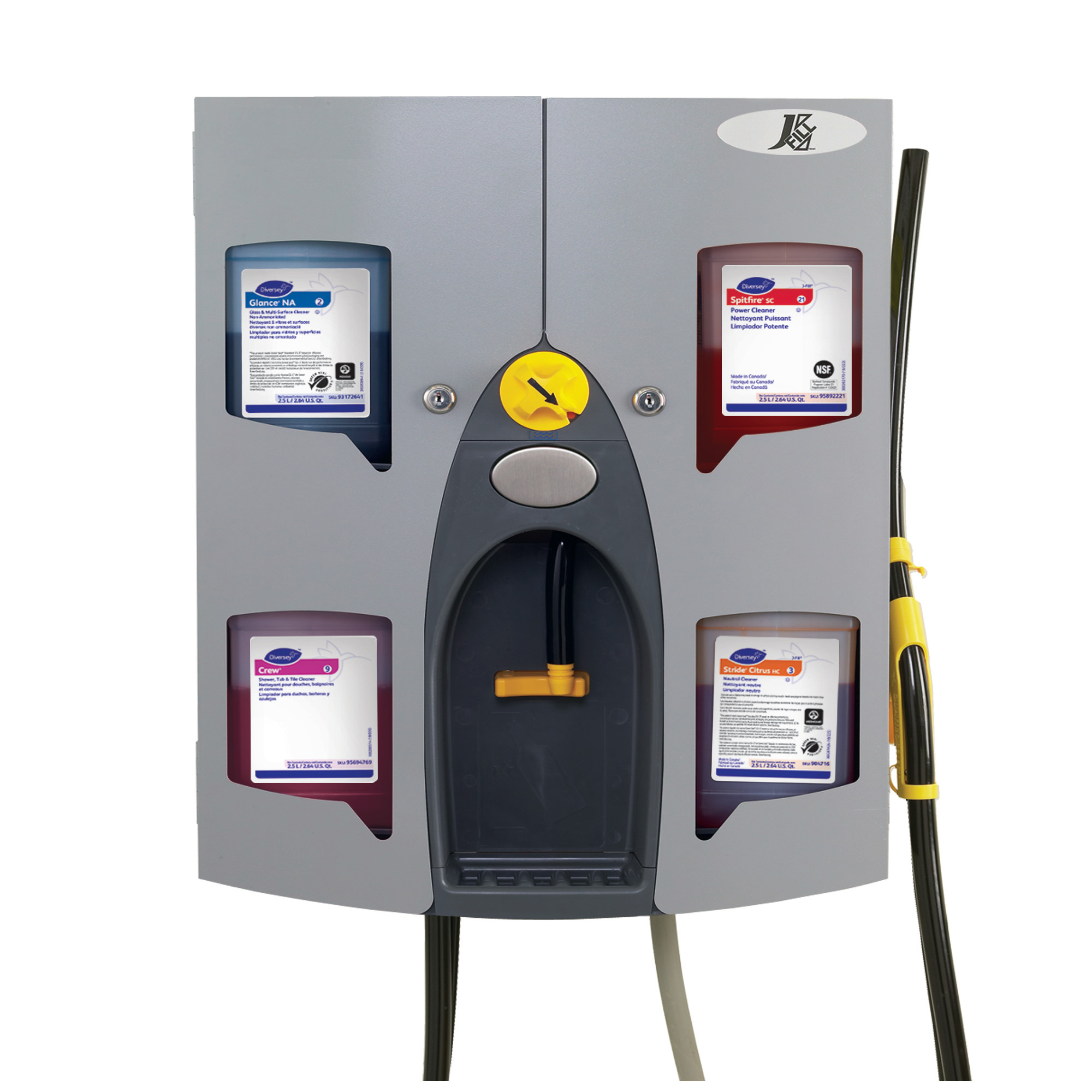Signs and Symptoms:
Initial symptoms include:
• Fever/chills
• Headache
• Swollen lymph nodes
• Muscle Aches/backache
• Fatigue/exhaustion
Typically 1-3 days after the onset of fever, the infected person develops a rash on the face, palms of hands, and bottom of feet. Other areas of the body can develop rash over time. Pustules/lesions from the rash contain fluid with high concentrations of virus and are believed to be the main source of subsequent person to person transmission.
The main initial difference between monkeypox and smallpox infection is that monkeypox causes the lymph nodes to swell, while smallpox does not. Within 1-3 days of the start of fever, people infected with monkeypox usually develop a rash often beginning on the face and then spreading to other parts of the body, during which time lesions develop, scab, and fall off. The infection typically lasts 2-4 weeks and has a 1-10% mortality rate. Prompt medical care can significantly reduce the risk of mortality as there are highly effective therapeutics available. Hospitalization is more likely in children than adults.
There is a new vaccine that helps prevent monkeypox infections, but it is not widely distributed currently. As mentioned above, prior smallpox vaccination provides some measure of protection in preventing monkeypox infection as well for those vaccinated prior to 1980, although immunity has likely waned over time.
Prevention:
The primary methods of prevention include:
• People suspected of being infected with monkeypox should be isolated from other people and should seek medical care immediately. People exposed to infected people should also consult a physician to determine whether quarantine is needed to ensure they have not been infected.
• If in contact with an infected person or animal, hand hygiene should be performed frequently to help minimize the risk of infection and face masks should be worn, especially where there is prolonged contact. Showering and laundering clothing from the contact are also sensible precautions.
• As the monkeypox virus is an enveloped virus, it is highly susceptible to alcohol based hand rubs (at least 60% alcohol) and disinfectants (carrying enveloped virus claims such as vaccinia virus).
• Healthcare workers caring for patients known or suspected of having monkeypox should wear appropriate personal
protective equipment and use contact and droplet transmission based precautions in addition to standard precautions.
Airborne precautions may also be appropriate if available since there is a theoretical risk of airborne transmission.
• Avoid unprotected contact with animals that could harbour the virus including those that are sick or dead in areas
suspected of having the monkeypox virus.
• Avoid contact with materials, such as bedding, that has been in contact with a sick animal or person.
